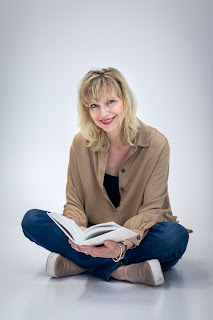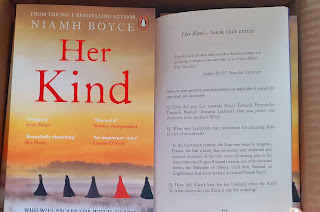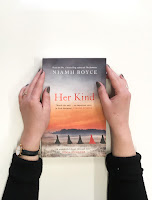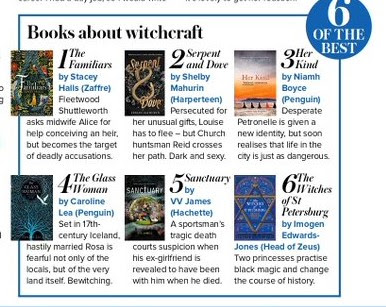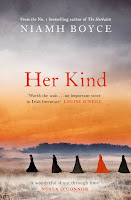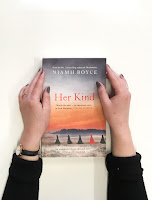Still here...
Yes, I’m still here! And still writing... I decided to reawaken the blog as I miss its old style, slow style - which suits my own at the moment! Workshops... For (Ireland based) readers interested in writing workshops, Fact to Fiction in particular – I’ll be running live workshops this Autumn – feel free to contact me via the blog to register your interest. It will be covid compliant with limited numbers and based in the Irish Midlands. Lyonesse Literary Journal... Image by Monika Ruminska Akwarele I've been trying to read journals and sites that feed my writing mind and inspire at the moment and Lyonesse is one of them. Its an exciting online journal celebrating women writers who foreground women and weave magic and nature into their work. They ‘particularly love showcasing writing inspired by mythology, folklore and fairy tales.’ It’s run by Sam Young and team. I was delighted to be part of their 'In Conversation' feature - the interview covers fairy tales, folkl
